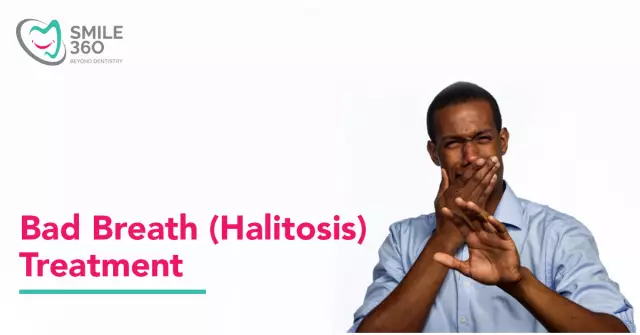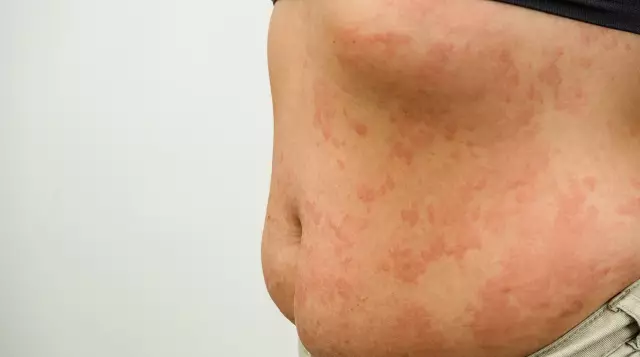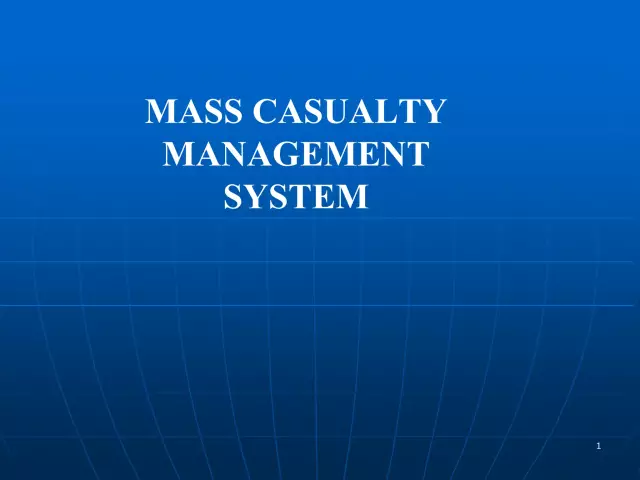- Author Rachel Wainwright wainwright@abchealthonline.com.
- Public 2023-12-15 07:39.
- Last modified 2025-11-02 20:14.
Halitosis

Fetid odor from the mouth - halitosis, occurs in a quarter of the adult population. Own olfactory reflexes adapt to the smell of exhaled air and become insensitive to it. As a rule, the patient is informed about the presence of the problem by people from his close environment. The presence of halitosis causes moral suffering to a person, limits his communication with others, contributes to the appearance of an inferiority complex.
Halitosis symptoms
You can assume that you have halitosis by an unpleasant taste in your mouth. Sometimes you may notice that the interlocutors are trying to take a remote distance when communicating with you. You can make a dome out of the palms, and exhaling into it, immediately smell the air.
You can also suspect halitosis in yourself with some existing pathologies - reflux esophagitis, gastritis, esophageal diverticulum, ulcers and other diseases of the gastrointestinal tract, accompanied by bloating, belching or vomiting, diarrhea, etc. Chronic purulent or bacterial processes of ENT organs (tonsillitis, sinusitis, etc.) and respiratory organs (for example, tuberculosis) also lead to the appearance of halitosis.
Hormonal imbalances cause metabolic disorders in the body and can also manifest as halitosis.
It is customary to distinguish between real and imaginary halitosis. Apparent halitosis can appear even due to concerns about the quality of bad breath, due to emotional stress, anxiety, excitement and even mental illness. Real halitosis most often (about 85% of all cases) is a consequence of rotting food debris due to insufficient oral hygiene. The next most common cause of halitosis is smoking.
The appearance of symptoms of halitosis may be associated with dietary habits. The inclusion in the diet of foods such as onions, garlic, etc. leads to the ingress of volatile aromatic substances into the bloodstream, from there to the lungs, and from them into the exhaled air.
Some medical conditions can also manifest as halitosis. The characteristic so-called mouse smell of exhaled air is a symptom of liver failure. The smell of urine from the mouth is observed in renal failure, and acetone during exhalation is felt in patients with diabetes. A heavy rotting odor from the mouth is characteristic of a lung abscess.

Also, the appearance of halitosis can be caused by the intake of certain drugs that can cause the oral mucosa to dry out (antidepressants and tranquilizers, antihypertensive or narcotic drugs, diuretics).
Diagnostics of the halitosis
Diagnosis of halitosis does not present any particular difficulties, but at the same time it requires the obligatory determination of the cause. Patients with symptoms of halitosis should be examined by a dentist first. It is required to exclude plaque or tartar, caries, periodontitis, gingivitis, gum pockets, etc., and, if necessary, to undergo appropriate treatment.
In the absence of dental pathology, a patient with halitosis needs to consult a gastroenterologist, otolaryngologist and endocrinologist.
Halitosis treatment
Treatment of halitosis is possible after diagnosis and is a complex therapy of the underlying disease. Additional measures aimed at eliminating symptoms are regular brushing of teeth, tongue and palate twice a day, rinsing the mouth after each meal with an antiseptic rinse, using dental floss (floss) to remove food debris from the interdental spaces, as well as refreshing sprays and chewing gums … You can chew mint or parsley leaves, coffee beans, etc.
YouTube video related to the article:
The information is generalized and provided for informational purposes only. At the first sign of illness, see your doctor. Self-medication is hazardous to health!






